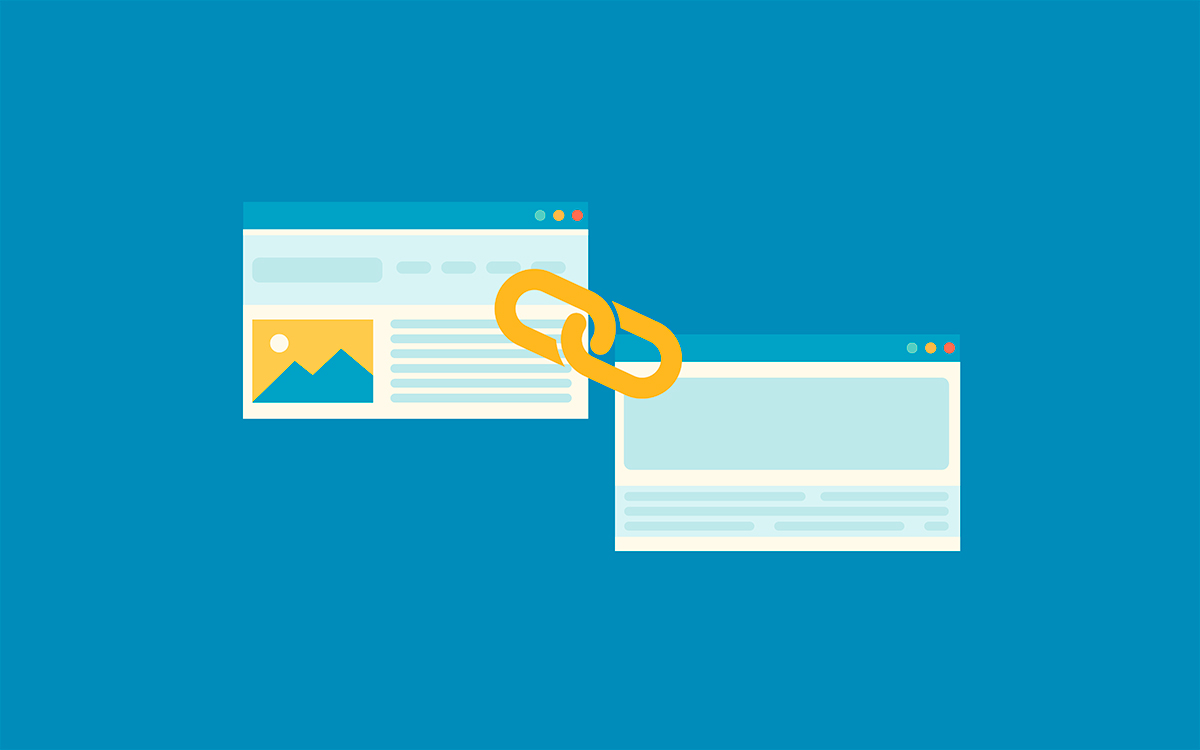
With millions of sites to rank, search engines need to sort through the clutter and put quality content and websites first. Backlinks are a key ranking factor and formed the core of Google’s original PageRank algorithm in 1998. PageRank was based on the simple idea that links to a website are votes of confidence for its value.
The basic principle makes sense: people are more likely to share and link to quality sources rather than boring or low-quality websites.
However, today’s Google algorithm is much more complex. Are backlinks still important? And how can they help your website’s search engine optimization?
What Is a Backlink?
Backlinks are links to your page from another website. For example, if the Wall Street Journal links to your page as a source for their article, that is a backlink – and search engines will notice.
More links to your site are a sign that your page is useful and worth sharing. Therefore, search engines use backlinks as part of their ranking algorithm to help rank the best websites higher.
Why Are Backlinks Important?
Backlinks are still a key component of search engine rankings. Therefore, they are critical for your website’s search engine optimization strategy. Search engines crawl websites for information and the backlinks to your website will help you rank higher on the search engine results page (SERP).
The importance of backlinks is and will be a large part of Google’s ranking algorithm for the foreseeable future.
Even though Google’s algorithm has changed over the years, they still use a version of PageRank within their internal algorithm to determine website or page authority. This was confirmed by their Senior Webmaster Trends Analyst John Mueller in a 2020 Tweet as well as their current SEO guidelines.
How Do Search Engines Evaluate Backlinks?
While the original PageRank algorithm primarily relied on the quantity of backlinks, experts agree that the modern algorithm favors the quality of backlinks. In other words, a link to your website from BBC is worth more than a link from your uncle’s new blog.
The best backlinks come from reputable websites with real web traffic, not spam sites.
The content of backlinks also contributes to their quality. Backlinks will be evaluated for their anchor text which is used to describe the link to your site.
If the anchor text contains relevant keywords to your page, web crawlers trust it more. But if a page about dogs with the anchor text “click here for cute dog pics” links to your page on cast iron pans, web crawlers know it isn’t legitimate.
Follow vs NoFollow Backlinks
This is an advanced SEO concept, feel free to skip it if this is out of your comfort zone!
Another factor influencing backlinks is follow and nofollow links.
Nofollow links have “nofollow” in the HTML code for the link, telling search engines not to take the link into account when ranking the original page or the linked page. You might choose to use nofollow links if your site has plenty of user-generated content or you are linking to a site that you do not want to endorse publicly.
Conversely, follow links tell search engines to give credit to the page you’re linking to and consider it when evaluating your page’s links.
How Does a Website Get Backlinks?
Websites can primarily get backlinks in two ways:
Naturally
Websites can gain backlinks from other sites without any interference from the website owner. If your blog on time management is a hit, your site will have incoming links left and right from other people referencing it on their sites.
The only way you can influence natural backlinks is by creating high-quality website content that real people want to share. This can include blogs, videos, infographics, downloads, etc.
SEO Campaign
Website owners can pay to have their SEO optimized and managed by experts, and part of their SEO strategy will include link building.
A strong SEO campaign involves reaching out and obtaining many types of backlinks from reputable industry sites, directory listings, journalists, and more.
How Should a Website Not Get Backlinks?
Building quality backlinks to your site requires a long-term strategy and responsible outreach.
Do not trust anyone who offers to sell you tons of backlinks for cheap. A cheap price for backlinks almost always means you’re paying for backlinks on less than reputable websites. Having many unreputable sites linking to your website will damage your site’s SEO.
Black hat SEO tactics are practices that go against search engine guidelines while trying to “outsmart” the algorithm and rank higher. Modern algorithms are built to track down and penalize black hat tactics, including:
- Buying backlinks
- Excessive linking between two websites (link exchange)
- Bots generating backlinks
- Backlinks from irrelevant websites
These and other “quick win” link schemes will result in lower rankings, or even removal from search engine results entirely. It is in your best interest to avoid these black hat strategies and focus on building your website’s SEO the right way.
The Real Backlink Strategy
Backlinks are easy to get, but hard to get right. Falling for one backlink scam could damage your website’s visibility in search engines for years.
The best backlinking strategy is also the best website strategy: consistently produce high-quality content that people want to read and share.

